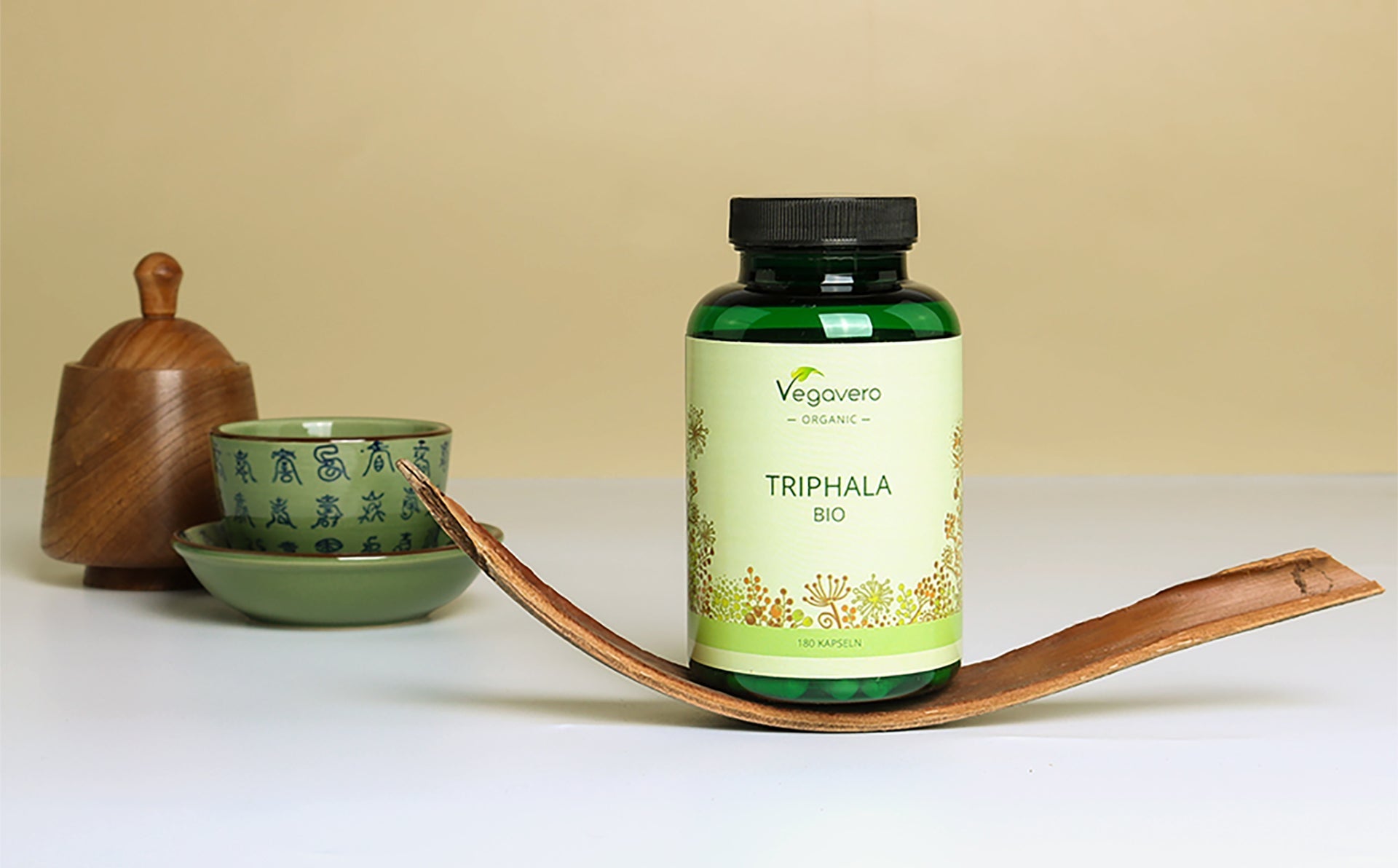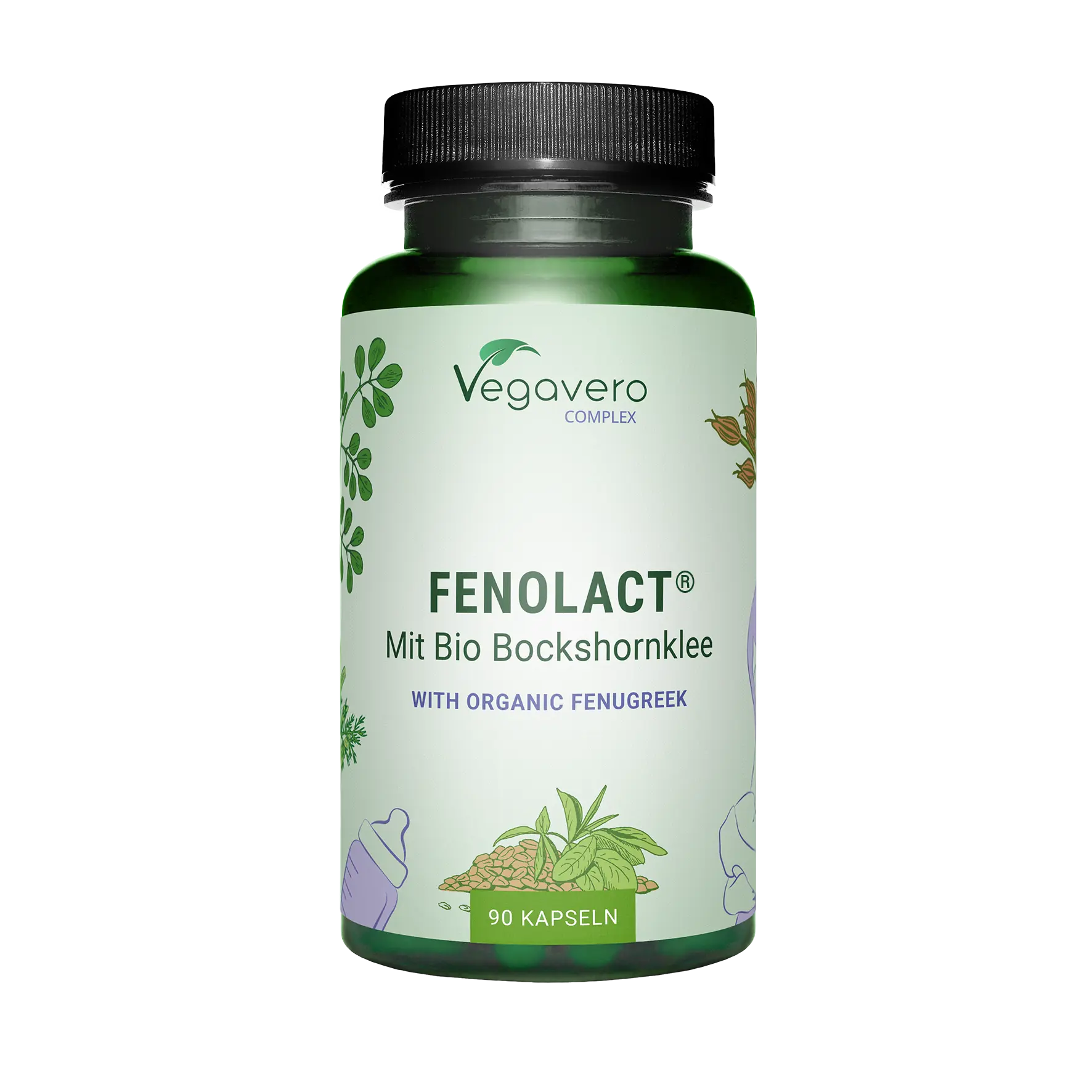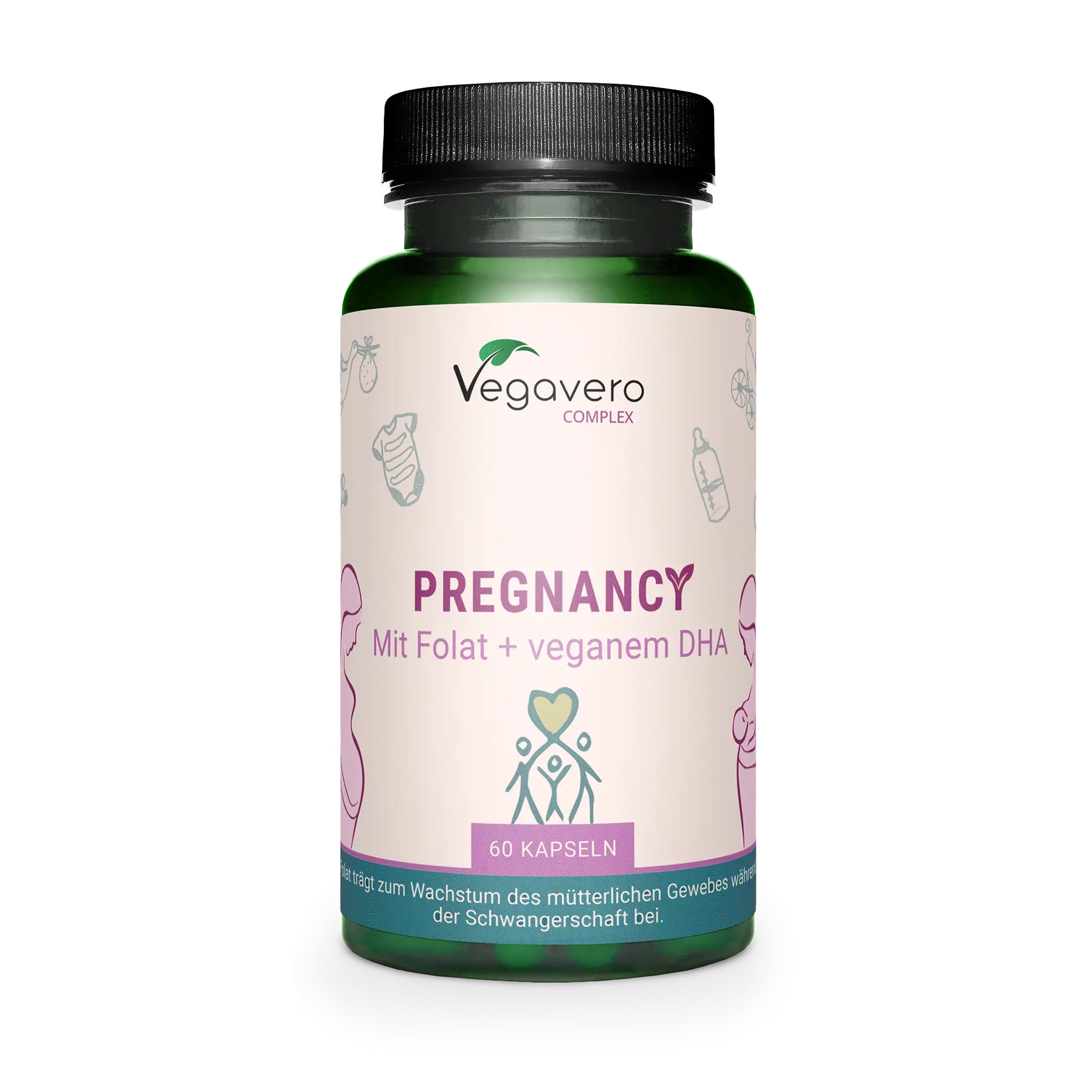Why Should New-borns be breastfed?
Breast milk is full of valuable macro- and micronutrients, which positively impact a child’s development. The fats within ensure a sufficient supply for the metabolism and are also important for the development of the child’s brain. The omega-3 fatty acids within play a particularly important role. The high protein content helps the baby grow. Certain proteins also improve vitamin absorption of vitamins, minerals, and trace elements. For example, lactoferrin within breast milk improves the ability to absorb iron.
A new-born’s immune system, such as its intestinal flora, is not yet fully developed and is therefore still very sensitive. Breast milk provides antibodies produced by the mother which protect against infection and will then have the same function in the new-born’s body, protecting it against pathogens. The fatty acids within breast milk, such as linoleic acid, and carbohydrates (which promote the growth off beneficial intestinal bacteria), also have a positive effect on intestinal flora and immune system. Several studies have also shown that children who are breastfed are less likely to develop gastrointestinal tract and middle ear infections and are less likely to develop allergies. Breastfeeding also has a positive influence on the development of both the jaw and palate and can also strengthen head and neck muscles.
However, it is not only the nutritional and health-promoting benefits that should be considered. The psycho-social development of a child is just as important. Breastfeeding helps to develop an emotional bond between mother and child, and thereby lays the foundation for a better ability to ‘bond’ with others in the further stages of development. Some scientists even think that breastfeeding makes children fundamentally more resilient i.e., more resistant to stress - throughout their lives. [1]
Breastfeeding – Benefits for the Mother
But breastfeeding does not only positively affect the baby. For parents, especially breastfeeding mothers, it has many benefits. Breast milk is obviously free, at the perfect temperature, and free of germs or allergenic substances. In addition, breastfeeding is possible at any time and in almost any place, whilst eliminating the effort of having to prepare baby food under very hygienic conditions. Breastfeeding also increases the release of prolactin; a hormone that ensures calmness and makes the mother less susceptible to stress. The hormone oxytocin, sometimes called ‘the cuddle hormone’, is also produced more through breastfeeding and thus promotes a bond between mother and child. A Swedish study showed a link between breastfeeding for 12 months and a reduced risk of rheumatoid arthritis after menopause. Cardiovascular disease, type 2 diabetes, obesity, or endometriosis also occur less frequently in women who breastfed their child. [1]
Plants that can support Milk Production
Many mothers find breastfeeding difficult in the beginning; however, this is completely normal. If there are problems with or during breastfeeding, lactation consultants or midwives can support concerned mothers. Some herbs and plant extracts can also have a positive effect on milk production and flow and are often given by midwives as a support. For example, fenugreek is found in many ‘breastfeeding’ teas as it stimulates the flow of milk. [2] Fennel, aniseed, and caraway are also often used in breastfeeding teas to counteract digestive problems in mother and child and to stimulate milk flow. [3,4,5] Milk thistle and lemon verbena also act as galactagogues, i.e., they stimulate milk flow. [6]
Further interesting information on the topic of pregnancy breastfeeding and nutrition can be found at the German Nutrition Society:
https://www.dge.de/ernaehrungspraxis/bevoelkerungsgruppen/schwangere-stillende/



Quercetin - A Versatile Plant Pigment
Astaxanthin – the Red Antioxidant from the Sea